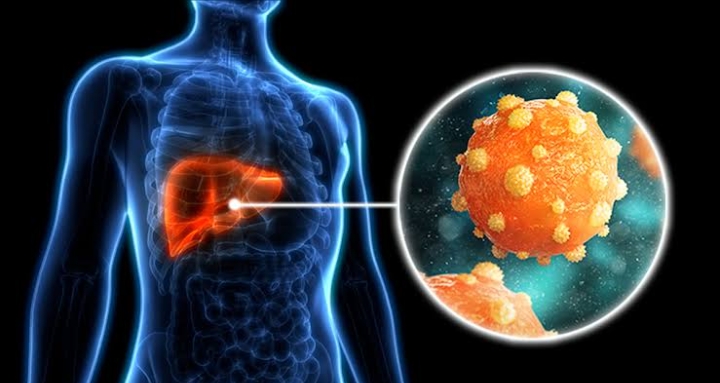Hepatitis B is a viral infection that targets the liver and can lead to serious health complications if not detected early.
One major challenge is that it often shows no symptoms in its early stages. That’s why early detection through awareness and testing is essential.
In this article, you’ll learn how to recognize the early signs of Hepatitis B and the best ways to get tested before complications arise.
1. Why Early Detection of Hepatitis B is Important
The earlier it’s detected, the easier it is to manage.
Early treatment can prevent liver damage, cirrhosis, and liver cancer.
Early diagnosis helps stop the spread to others.
2. Early Signs and Symptoms to Watch Out For
Although many people don’t notice any symptoms early on, some may experience:
Fatigue or unusual tiredness
Loss of appetite
Mild fever
Nausea or vomiting
Muscle or joint pain
Dark urine
Light-colored stool
Abdominal discomfort (especially upper right side)
Yellowing of the skin or eyes (jaundice)
These symptoms can resemble other common illnesses, which is why many people ignore them.
3. Who Should Get Tested Early?
People with multiple sexual partners
People who have unprotected sex
Healthcare workers
People who received blood transfusions before 1992
People born to HBV-positive mothers
People who live with someone who has Hepatitis B
Anyone with unexplained liver-related symptoms.
4. The Simple Blood Test for Hepatitis B
HBsAg (Hepatitis B surface antigen): This tells if you are currently infected.
Anti-HBs: Shows if you’re immune (through past infection or vaccination).
Anti-HBc: Detects a previous or ongoing infection.
You can request this test at any government or private hospital, or at certified labs.
5. What to Do If You Test Positive
Don’t panic, early stages may not need immediate treatment but must be monitored.
Visit a liver specialist (hepatologist) or infectious disease doctor.
Do further liver function tests and viral load checks.
Avoid alcohol and certain medications that can harm the liver.
Inform close contacts so they can get tested and vaccinated.
6. Prevention After Early Detection
Get vaccinated if you’re negative and not immune.
Practice safe sex.
Avoid sharing sharp objects.
Regular health screenings and checkups.
Hepatitis B is highly manageable when detected early. Don’t wait for severe symptoms—get tested, especially if you fall into any high-risk group. Protect your liver, protect your life.






